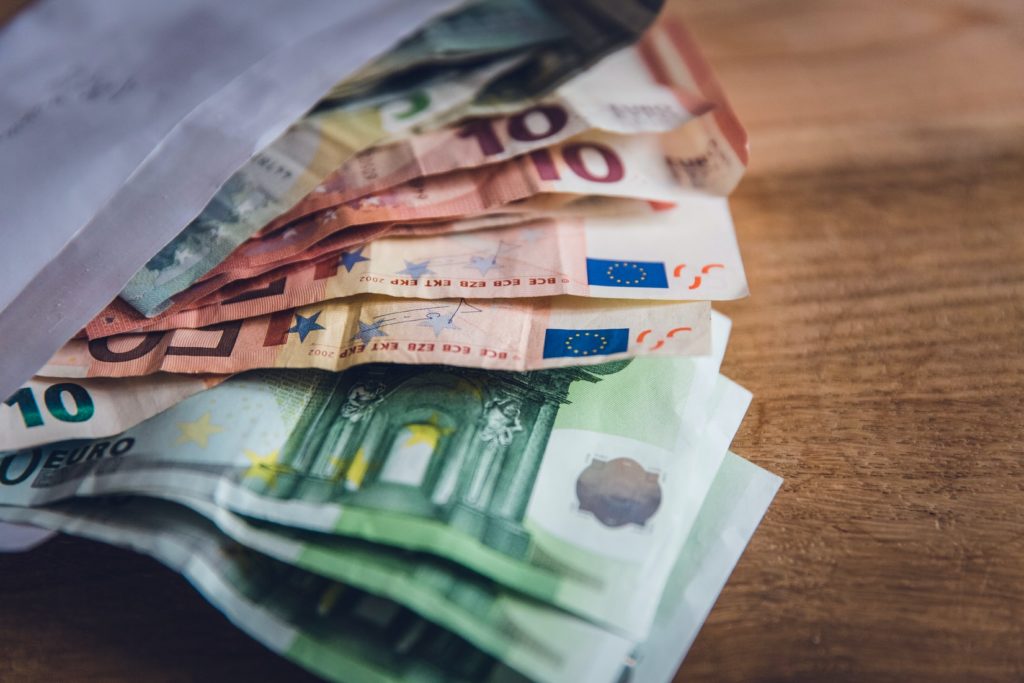The coronavirus crisis has fuelled a sense of corruption among citizens in the European Union, and in Belgium, 27% of people believe corruption increased in the previous 12 months.
Less than half of the people believed the crisis has been handled "transparently" by the authorities, according to a survey by Transparency International (Global Coalition Against Corruption) published on Tuesday.
"In the EU, only about four in ten people think their government has handled the pandemic in a transparent way," the survey found, which worsened already existing fears of politicians and businesses being involved in corruption.
In some countries, people said they believed politicians used the crisis as an excuse to undermine democracy, while others said they would see it as a chance to make a profit.
Overall, 62% of the survey participants said they believed that government corruption is a big problem in their country, whilst one-third of Europeans surveyed believe that corruption is stagnating or increasing in their country, and a further 44% don't think it’s getting any better.
When it comes to who's most corrupt, one-fourth of respondents in Belgium believed both bankers and business executives are involved in sketchy business, whilst 16% said Local Government Representatives (including Mayors) and 18% said National Government Officials are involved in corruption.
Across the bloc as a whole, the survey showed that more EU citizens think members of parliament in their country are corrupt than business operators.
EU citizens also criticised the close relationship between business and government. Around half think that bribes or connections are commonly used by businesses to secure profitable government contracts and that big companies often avoid paying their taxes.
Bribing yourself to health
Looking at the percentage of EU citizens who were involved in corruption themselves, the report found that bribes made by ordinary people mainly concerned access to healthcare, which has "been a breeding ground for corruption as governments have struggled to manage the pandemic."
Although only 6% of respondents said they had paid a bribe to access healthcare, "29% said they relied on personal connections to gain privileged access during this pandemic."
"During a health crisis, using personal connections to access public services can be as damaging as paying bribes. Lives can be lost when connected people get a COVID-19 vaccine or medical treatment before those with more urgent needs," Delia Ferreira Rubio, Chair of the organisation, said.
In Belgium, around 10% of respondents indicated they paid a bribe for public services in the previous 12 months.
"It's crucial that governments across the EU redouble their efforts to ensure a fair and equitable recovery from the ongoing pandemic," Rubio added.
Way out?
Although there is a widespread belief that governments are tackling corrupt behaviour poorly, and many citizens fear reprisals for speaking up against it, around two-thirds (64%) of EU residents believe that ordinary people can make a difference in the fight against corruption.
According to the study, "these results offer a powerful foundation for politicians, businesses and civil society to drive reforms that build integrity."
"These results should be seen as a wake-up call to both national governments and the European Union institutions," said Michiel van Hulten, director of Transparency International EU in a statement.
The survey highlighted that, despite widely held beliefs to the contrary, corruption is a problem in the EU, and that governments and EU institutions need to make an immediate effort to free countries of corruption, by improving transparency of all lobbying activities, strengthening corporate anti-corruption standards, and effectively monitoring and sanctioning abuses of power, among others.
The European Corruption Barometer, conducted between October and December 2020, when several EU countries found themselves in a second lockdown, questioned over 40,000 people from the 27 Member States of the European Union.

